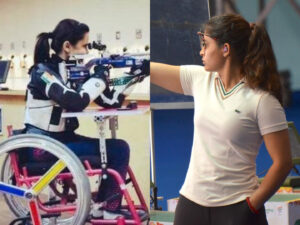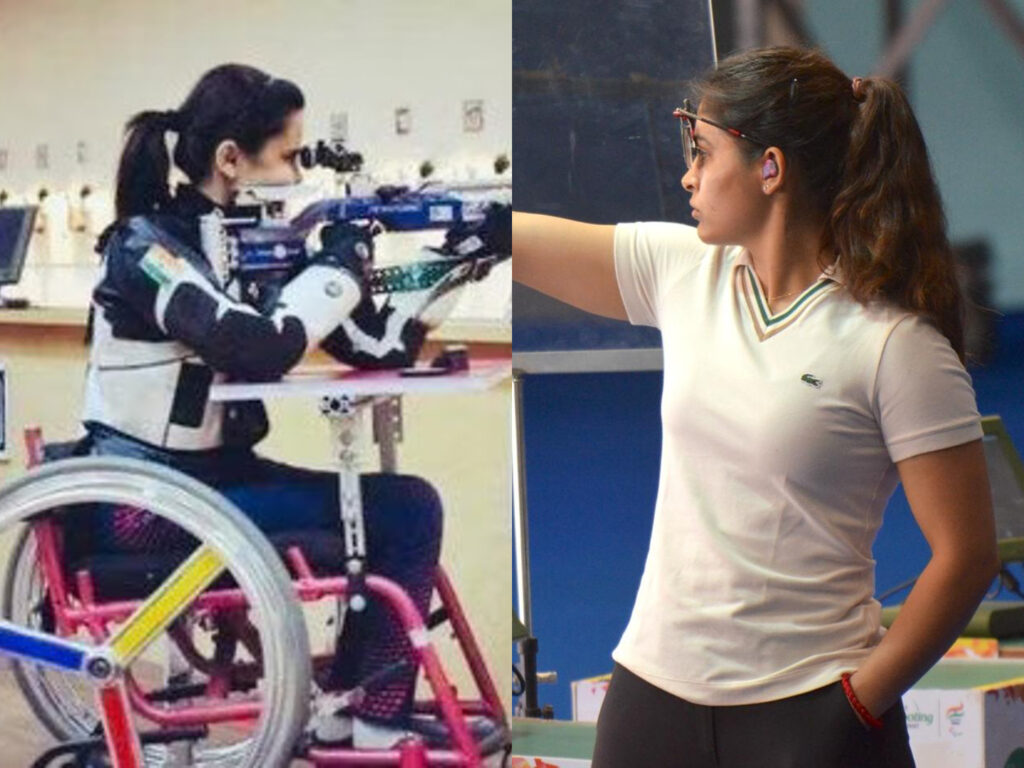
Trisha Ghosal in Paris
In the heart of India, where tradition often dictates the roles and aspirations of women, two young athletes have emerged as powerful symbols of change — Manu Bhaker and Avani Lekhara. As the nation began its journey in the Paris Olympic and Paralympic Games 2024, it was these two remarkable women, both of the same age, who set the tone for what would become a historic campaign.
Manu clinched a bronze in the Olympics, while Avani defended her gold in the Paralympics, each embodying the resilience and determination that has come to define their journeys.
In a country where women, particularly in sports, often struggle for recognition and respect, the achievements of Manu and Avani resonate far beyond the shooting range. They are not just medalists; they are trailblazers in a society that has, for too long, relegated women to the sidelines. As a woman in sports, I have faced these challenges first-hand. The sports industry, still overwhelmingly male-dominated, often views female athletes through a lens of doubt, questioning our capabilities and commitment. We are told to look up to male athletes, to draw inspiration from their successes, as if our dreams and our potential are somehow lesser.
But Manu and Avani have shattered that narrative. Their success is a clarion call to young girls across the nation: We belong in this space, and we are here to stay. Manu’s bronze medal, earned through sheer grit and precision, and Avani’s gold, defended with unwavering focus, serve as potent reminders that women are not just participants in sports — they are champions.
Their journeys are particularly inspiring because they have had to fight not just opponents, but a system that is often stacked against them. From limited access to facilities and coaching to societal pressures that push them towards more ‘traditional’ roles, the barriers are many. Yet, Manu and Avani have risen above these obstacles, their medals gleaming not just as symbols of their victories, but as beacons of hope for all women who dare to dream.
In them, we see the future of Indian sports; a future where women are not only encouraged but celebrated for their achievements. They have proven that we are not just capable of competing at the highest levels, but of excelling. And in doing so, they have ensured that the next time someone says, “women aren’t into sports”, we can point to them and say, “think again”.




